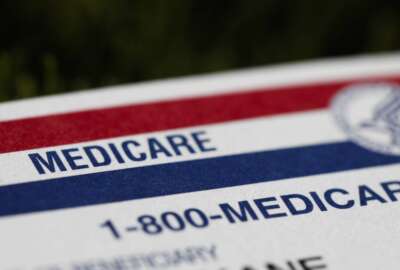Last-minute open season tips
Federal health benefits expert Walton Francis explains what feds need to do in the last week leading up to the open season deadline.
wfedstaff | June 3, 2015 6:08 pm
With less than one week until the end of open season, what should you be doing?
Walton Francis, editor of the Checkbook Guide to Health Plans for Federal Employees, and Federal News Radio Senior Correspondent Mike Causey joined the DorobekINSIDER to explain how you can make your pay check go further if you select the right health plan for your family.
Francis shared the three most commonly asked questions he gets about open season:
- Should I buy Medicare Part B?
Francis said the answer is complicated. “The key point is you don’t have to,” he said. “There’s some advantages and there’s some costs to that.”- There’s some way to save money I don’t know about?
“To which the answer is, ‘Duh,'” Francis said.- Will a new plan cover my doctor and drugs?
Some people will have to do a little bit of homework, Francis said. He recommends calling your doctor’s office or a pharmacy to check if your current plan next year or a new plan covers your medical needs.
Open season ends Dec. 13. Mike Causey said there are some exemptions to this deadline. For example, retirees who could not get a hold of health plan brochures can request an extension. However, people should really making their open season decisions this week, Causey said.
It’s unclear if the proposed two-year federal pay freeze has encouraged feds to do more shopping around for better health plan deals.
“I don’t really have a feel as to whether they’re shopping more intensely, more carefully. Certainly, they should be even in the best of times,” Causey said.
Tune in to Your Turn with Mike Causey at 10 a.m. Wednesday. David Snell from the National Active & Retired Federal Employees group discusses the best health plan deals for feds and retirees.
Click here for full coverage of open season.
Copyright © 2025 Federal News Network. All rights reserved. This website is not intended for users located within the European Economic Area.





